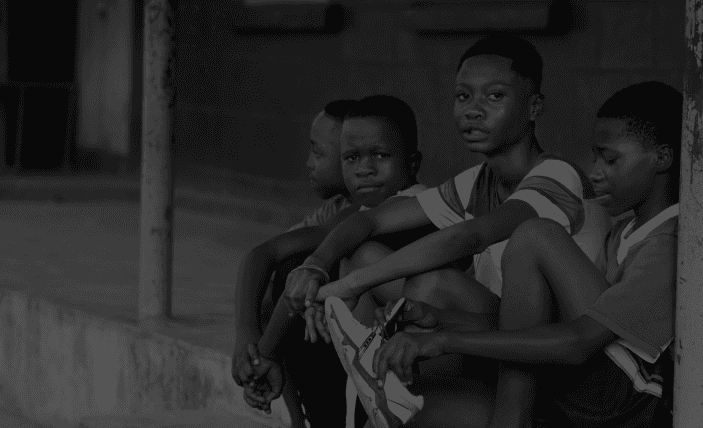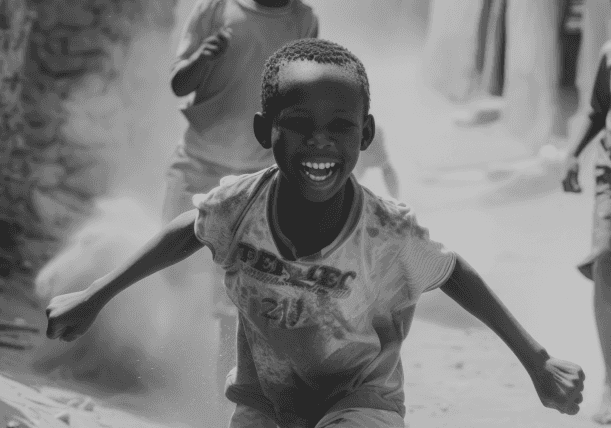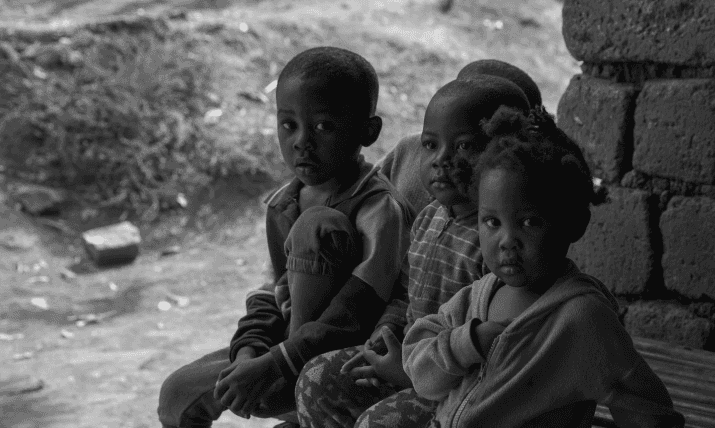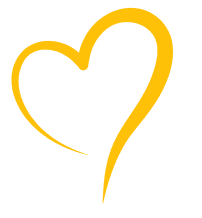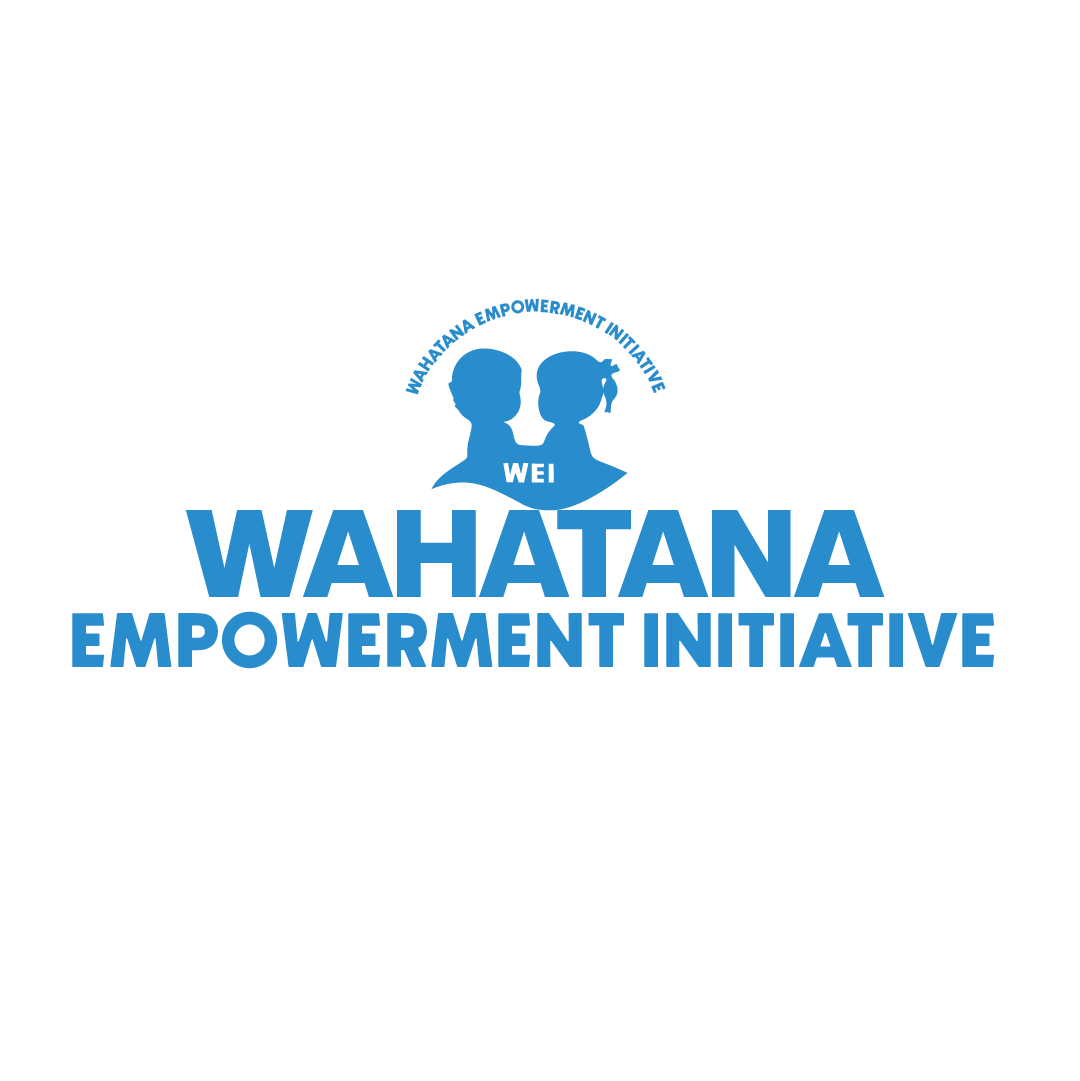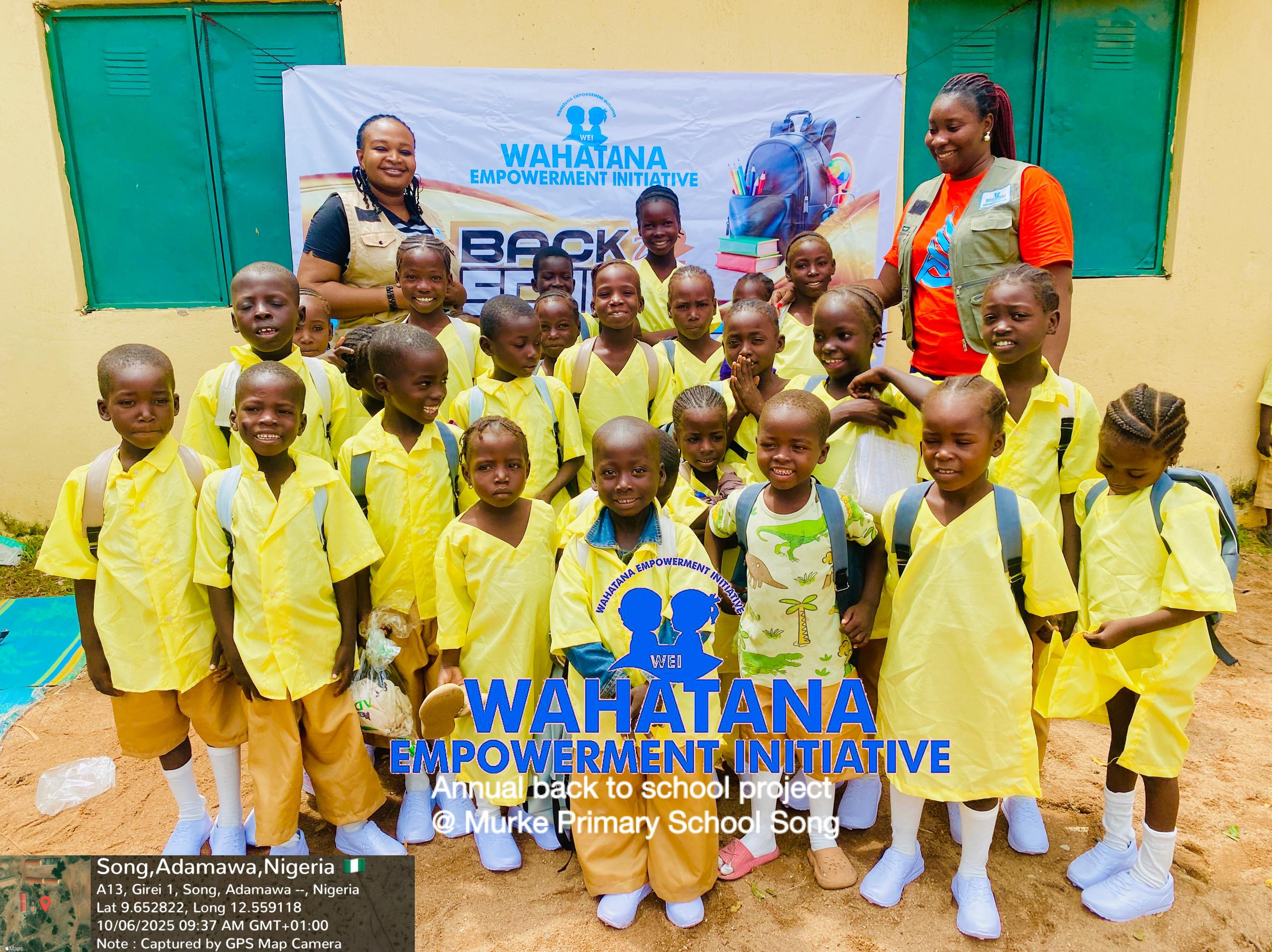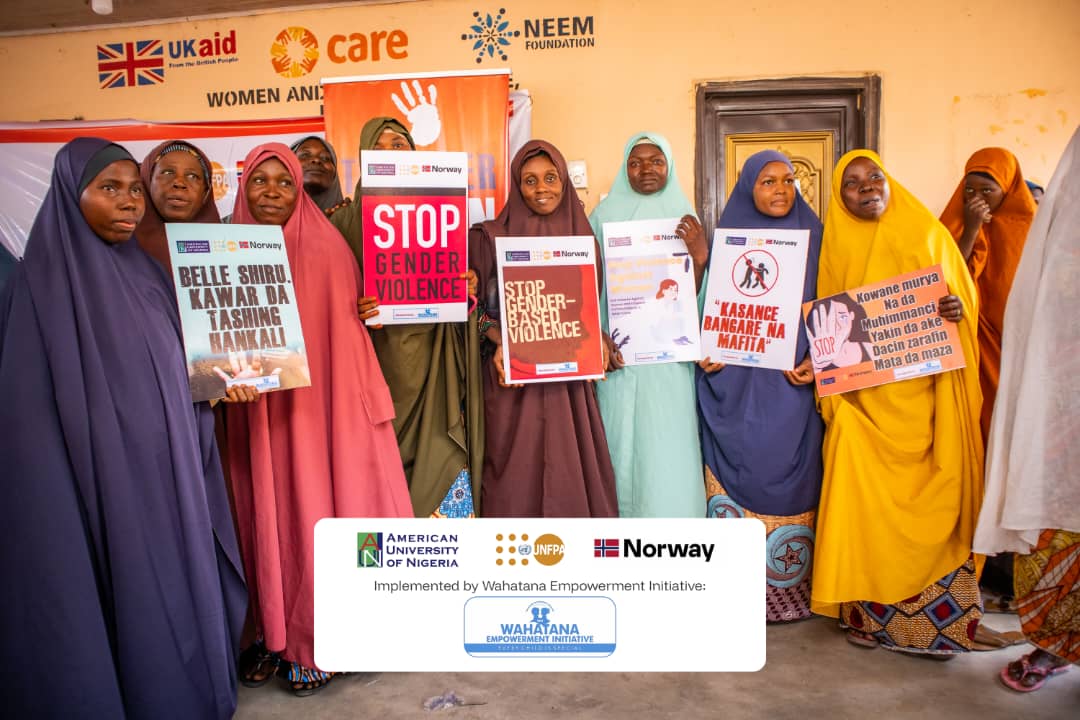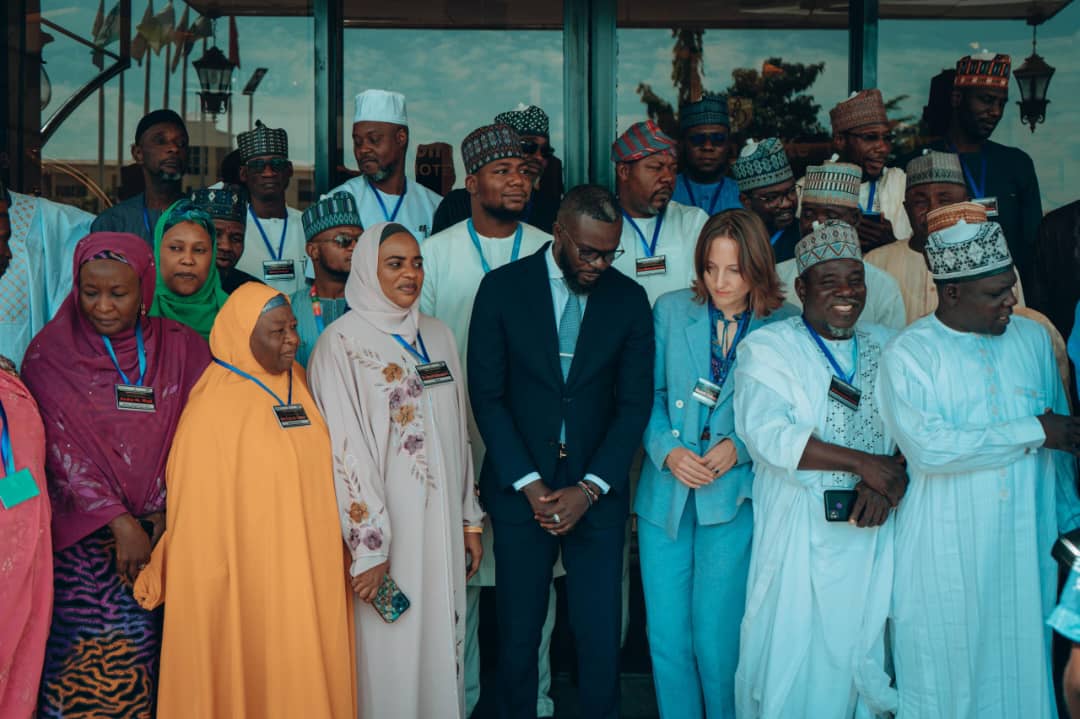- Clean Water. Safe Sanitation. Healthier Lives.
In many communities across northeastern Nigeria, clean water is a luxury, and proper sanitation is a distant dream. Without access to safe water, toilets, and hygiene facilities, families are left vulnerable to preventable diseases, especially in conflict-affected and displacement-prone areas.
At Wahatana Empowerment Initiative (WEI), we believe that clean water is not just essential — it’s transformational. It saves lives, protects dignity, and strengthens community resilience. That’s why WASH is one of the core pillars of our work.
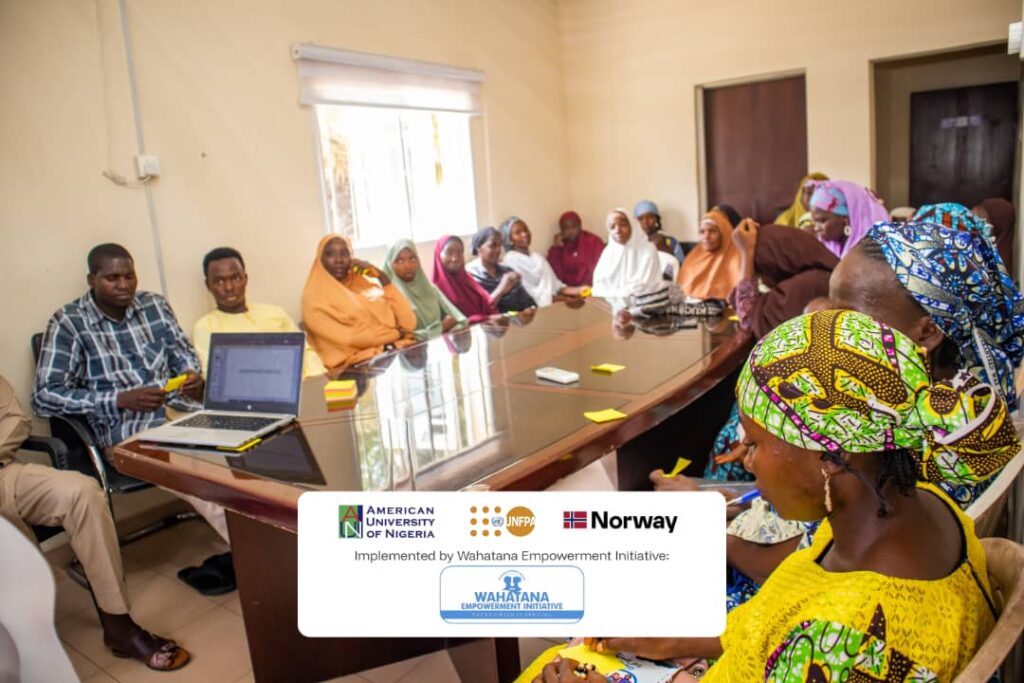
The WaSH crisis in numbers
💧 Only 30% of rural Nigerians have access to safely managed drinking water.
🚽 Over 46 million Nigerians still practice open defecation.
🧼 Lack of sanitation and hygiene is responsible for 1 in 4 child deaths from preventable diseases.
🏚️ Displaced populations often live in overcrowded camps with limited WASH infrastructure, putting women and children at high risk.
These statistics aren’t just numbers — they represent lives lost, health systems overwhelmed, and dignity denied.
Our Response: WASH for Wellness and Dignity
WEI delivers sustainable, community-led WASH solutions that ensure families not only survive — but live in dignity, health, and safety.
From digging boreholes to building toilets and leading hygiene education campaigns, we are committed to making clean water and sanitation a daily reality for the people we serve.
What We’re Doing
💧 Clean Water Access
We install boreholes, hand pumps, and solar-powered water systems in underserved communities to provide safe, reliable drinking water close to home.
✅ Families no longer walk long distances or rely on contaminated streams
✅ Children (especially girls) can return to school instead of fetching water
✅ Communities experience fewer cases of waterborne diseases
🚻 Safe Sanitation Facilities
We construct community toilets and handwashing stations, particularly in schools, markets, and IDP camps, to reduce open defecation and improve public health.
👧 Girls benefit from gender-sensitive facilities that promote school attendance and menstrual hygiene
🧻 Sanitation is integrated into all our education and protection programs
🧼 Hygiene Promotion & Behavioral Change
Through community outreach, hygiene kits, and health sessions, we teach people how to:
Wash hands effectively
Store water safely
Manage menstrual hygiene
Prevent the spread of diseases like cholera and diarrhea
📦 8,000+ hygiene kits distributed
📢 Thousands of households reached through COVID-19 and hygiene awareness campaigns
Our Approach
Community-led – We train and equip local WASH champions to maintain systems and promote hygiene.
Women-centered – Women are involved in WASH decision-making, facility design, and upkeep.
Integrated – WASH is embedded in all our programs — from schools to health clinics to livelihood hubs.
Sustainable – We use durable materials, renewable energy, and build capacity for long-term impact.
Our Impact So Far
💧 Multiple boreholes and water systems installed in Adamawa communities
🚽 WASH facilities built in schools and IDP settlements
🧼 8,000+ hygiene kits distributed to families and schoolchildren
📣 Thousands of people educated on hygiene, sanitation, and disease prevention
